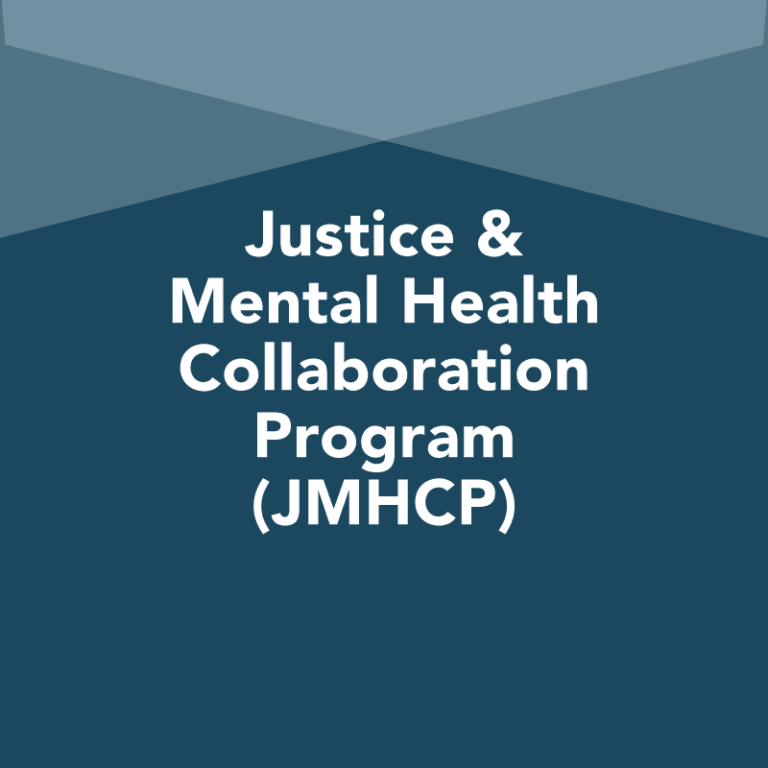People in the criminal justice system experience alarming rates of trauma prior to and as a result of their involvement in the system. Yet criminal justice professionals have often struggled to recognize and respond to trauma among this population. This brief explores how criminal justice professionals can take a trauma-informed approach to their work at each point of contact in the justice system. By employing this approach, they can help to reduce recidivism and incidents of violence while also improving service engagement and recovery. Photo credit: Photo by Alex Green.
Related Resources

Preparing Law Enforcement Agencies for Embedded Clinicians
Crisis Systems, Law Enforcement, Mental Health
Read more
Building Successful Partnerships with Peer-Run Organizations
Co-Occurring Substance Use, Mental Health
Read more
FY2023 Planning and Implementation Guide for JMHCP Connect and Protect
Co-Occurring Substance Use, Law Enforcement, Mental Health
Read moreAuthors

Rachel Lee
Project Manager, Behavioral Health
Rachel Lee provides technical assistance to Justice and Mental Health Collaboration Program grantees and offers support on other projects that focus on the intersection of behavioral health and criminal justice. Prior to joining the CSG Justice Center, Rachel worked for C4 Innovations, where she provided project assistance to several recovery-focused Substance Abuse and Mental Health Services Administration initiatives. Rachel has also served as a therapist for people with behavioral health disorders in both inpatient and outpatient health care settings. Rachel earned her BA in psychology from Bates College and her MSW and MPA from Columbia University.

Lisa Callahan, PhD
Senior Research Associate
Dr. Lisa Callahan is a senior research associate at Policy Research Associates (PRA), where she is engaged in research, technical assistance, and training on behavioral health and the justice system. She also delivers trauma training to justice professionals across the county. Dr. Callahan’s research topics include both adult and juvenile treatment courts, the competence to stand trial process, and the impact of Medicaid expansion on jail recidivism. She first started working at PRA when it was founded in 1988 to 1990 and returned in 2008. Prior to her joining PRA, she worked in the research bureau for the New York State Office of Mental Health. Dr. Callahan is professor emerita from The Sage Colleges, where for 18 years she taught courses in criminal justice and mental health and developed the MA Forensic Mental Health Program. Dr. Callahan has a Ph.D. in sociology from The Ohio State University, and she completed an NIMH post-doctoral program at the University of Wisconsin-Madison in Sociology and Psychiatry.